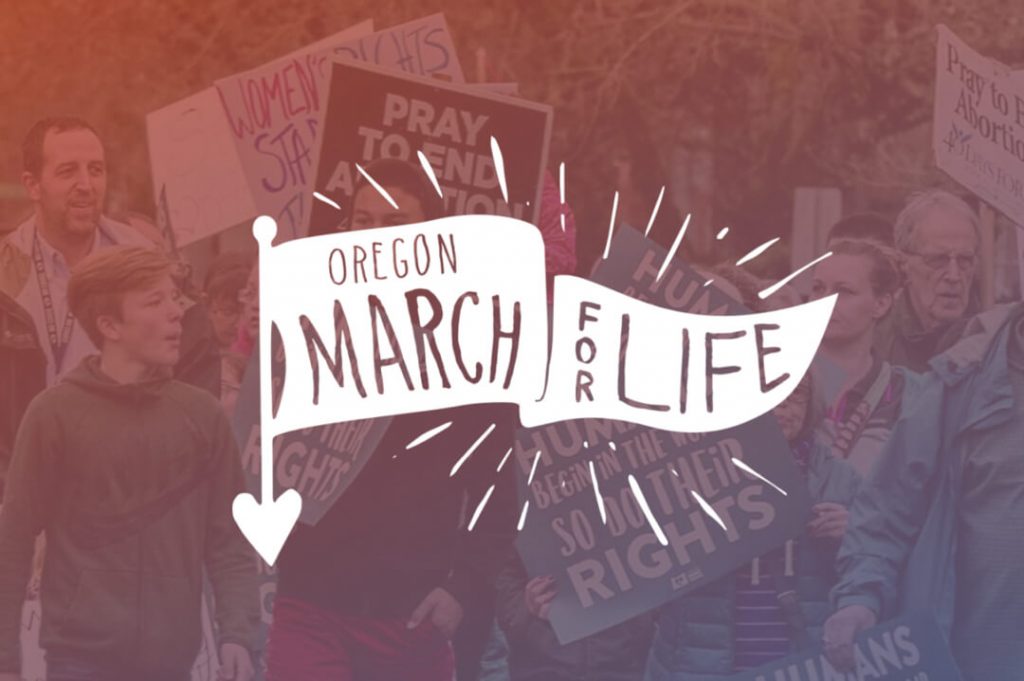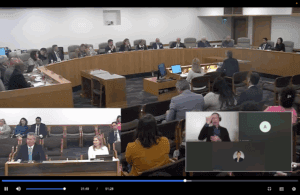Two years ago, pro-life advocates were ecstatic when the U.S. Supreme Court overturned Roe v. Wade, the January 1973 decision in which the Court interpreted a “right to abortion” in the U.S. Constitution.
In their historic June 2022 decision in Dobbs v. Jackson, the Supreme Court ruled that Roe had been wrongly decided. In Dobbs, the Court reversed nearly half a century of federal abortion precedent, permitting elected officials to enact legislation limiting abortion rather than the unelected Supreme Court.
That means the abortion issue has become a local one, to be worked out by pro-life voters like you. The impact has been diverse. Some states (like Texas and Idaho), have passed laws to protect nearly all unborn babies, with only a few narrow exceptions. Meanwhile, other states (like California, Oregon, and New York) have responded by expanding abortion access.
Pro-life advocates have accordingly shifted their strategies for protecting unborn Americans, focusing on promoting life-affirming laws and policies in cities, counties, and states rather than at the federal level.
Here at Oregon Right to Life, we’ve changed the date of our annual March for Life to reflect that renewed local emphasis.
Rather than holding the March for Life in January to mark the anniversary of Roe v. Wade, we’re now holding the Oregon March for Life in May, the month in which our state legalized abortion back in 1969, years before Roe was decided.
Oregon was among the first states to legalize abortion in the U.S. But while the 1969 law was radical in its day, it was relatively mild by today’s standards.
The legislation permitted abortion within the first 150 days of pregnancy if the baby was physically or mentally handicapped, was conceived in rape, or posed a substantial risk to the mother’s physical or mental health. The law also required all abortions to be performed by a physician in a hospital. Before any abortion could take place, two physicians had to certify in writing that the woman’s circumstances justified the abortion.
The 1969 law may sound somewhat tame compared with many modern abortion laws, but it marked the beginning of our state’s persistent and extreme disregard for the value of vulnerable human life.
Today, Oregon has no laws limiting abortion or protecting unborn babies. There aren’t even any laws explicitly protecting survivors of failed abortions, leaving them vulnerable to medical neglect. In addition, Oregon laws do not specify that abortions must be carried out by physicians, nor require that they be performed in a hospital setting. Abortions can be obtained at any time during the pregnancy for any reason, and physicians are no longer required to certify that any abortion is considered “necessary.”
Our state’s uniquely extreme pro-abortion agenda is what makes the Oregon March for Life so important – perhaps more important now than it’s ever been.
We hope you’ll join us and thousands of other pro-life Oregonians on May 18th, 2024, at the Oregon State Capitol as we continue to advocate for a culture of life in Oregon.
Learn more about the March for Life here. We can’t wait to see you there!





